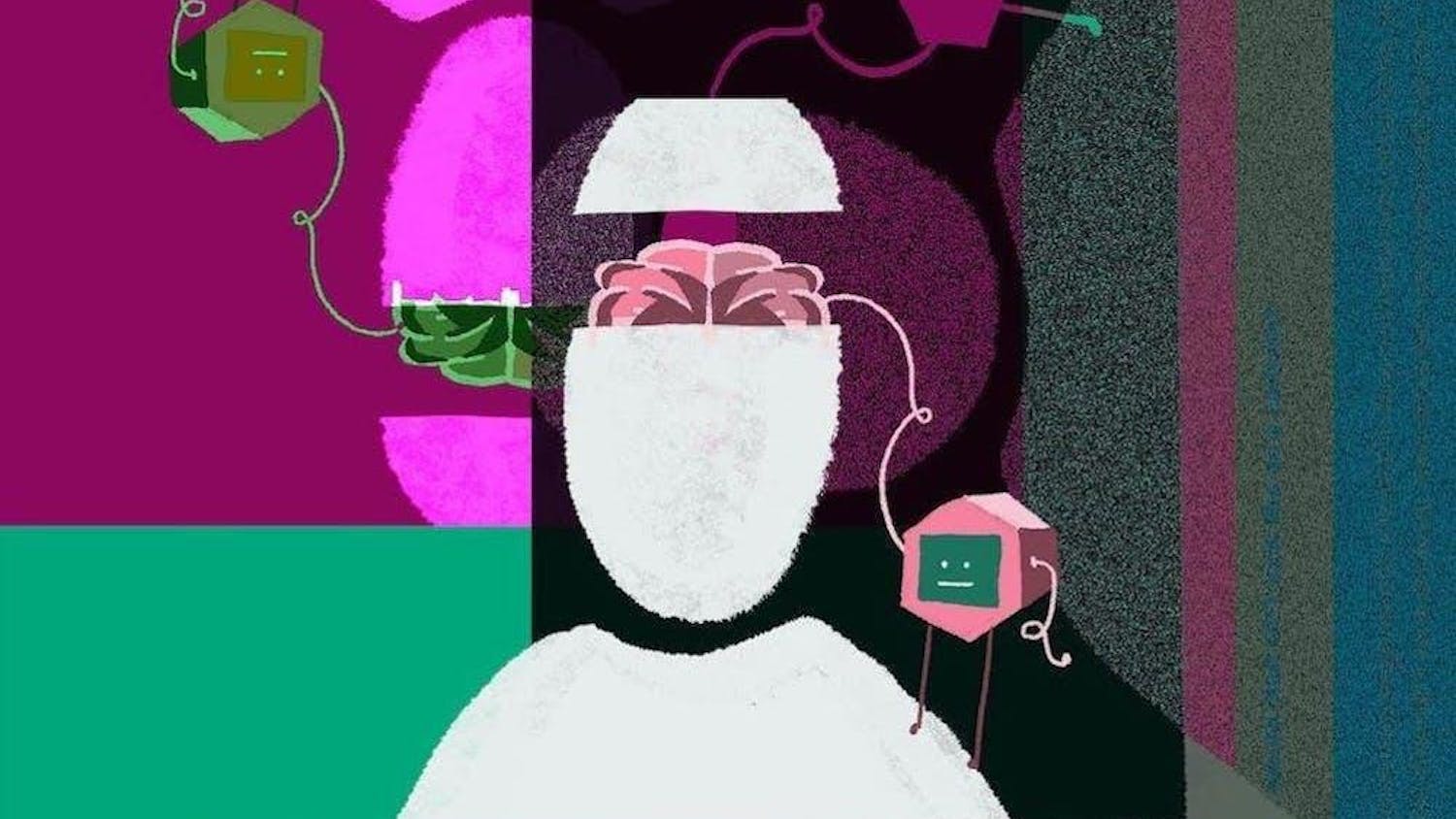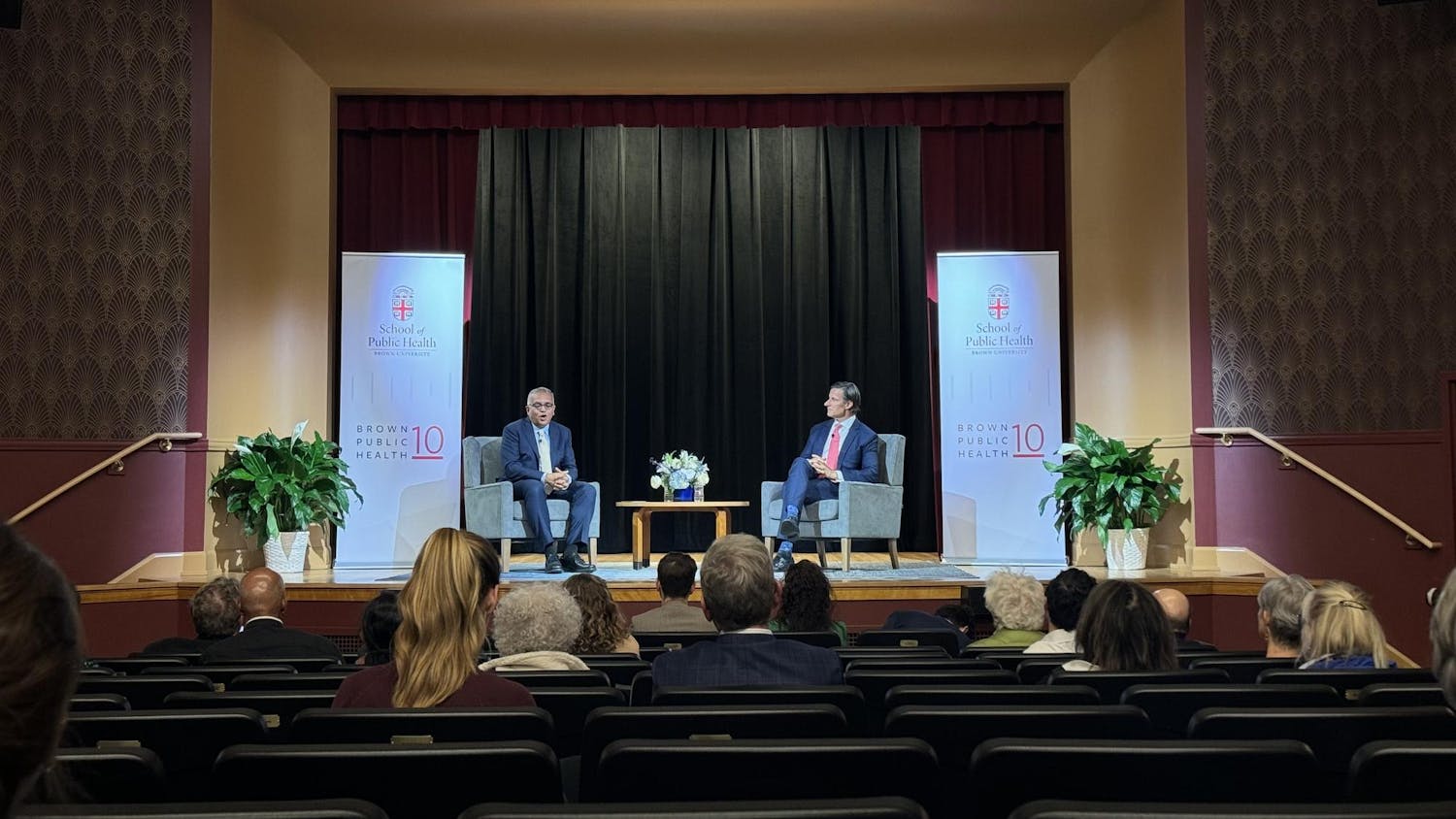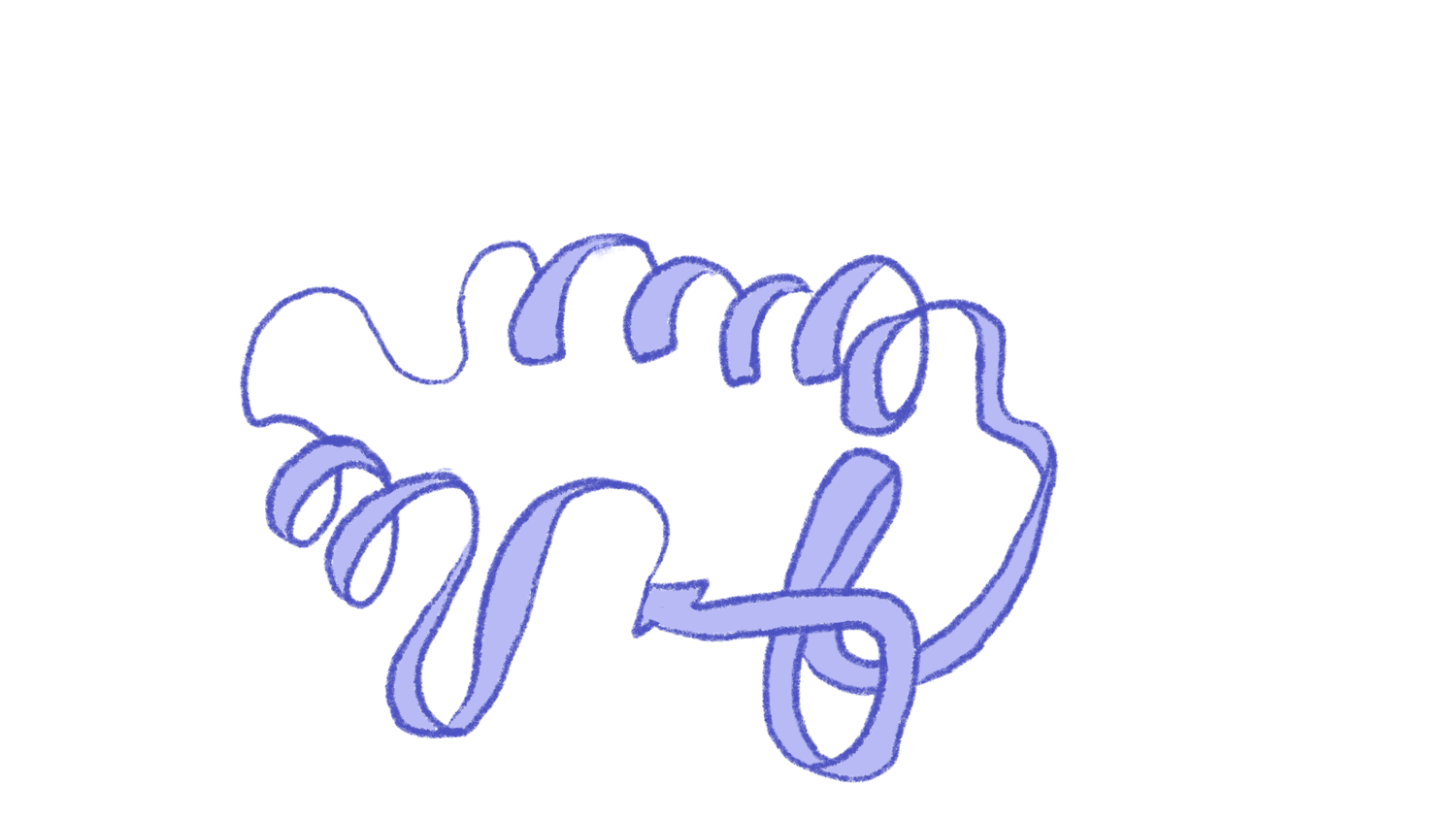As researchers and academics across the globe shift their priorities — turning attention to the health and safety of themselves and their loved ones, or supporting those at the frontlines of the COVID-19 crisis — the scholarship that used to dominate their time is largely being put on hold, with consequences and personal ramifications spanning departments and fields.
“Brown’s efforts to continue research, while at the same time emphasizing health and safety, entails shifting as much of the work as possible off-site and closing or restricting access to buildings. Ultimately, this will affect everyone, whether in the sciences or the humanities,” Vice President for Research Jill Pipher wrote in a statement to The Herald.
The Herald spoke to research professionals across disciplines to better understand how this unprecedented time is impacting all levels of academia. In this installment of a series reflecting on this period of flux, The Herald investigated how University libraries and humanities researchers are faring.
“Libraries will be different moving forward”: Libraries turn the page into a digital era
The University libraries closed their doors to students and the public and limited the number of staff following an email notice of a COVID-19 case on campus, Deputy University Librarian Nora Dimmock said. “Our main focus (has) turned to teaching and learning and helping to get faculty and students the materials that they needed so that they could resume instruction.”
Before the pandemic, a plethora of materials were already digitally available through the University Library’s website and databases, including newspapers, journals, e-books, archives and videos.
But graduate students and University courses, among others, have also heavily utilized the libraries’ physical spaces, taking advantage of the John D. Rockefeller, Jr. Library’s carrels or the archives at the John Hay Library — not to mention the large number of books students typically check out. “I had no idea until I started seeing all the returns coming in because the students were going home. … We would have to empty (the book drop) like five times a day,” Dimmock said.
Although they cannot obtain print books from other libraries at this time, the University libraries are increasing the digital resources they can share. “The important thing for us is (that) we’re going to move much more intentionally into … (an) e-first” format, Dimmock said, which she believes did not receive enough attention at the libraries before. “Our preferred format for collections will be electronic.” They are purchasing e-books and scanning requested pages from materials at the Annex, the Rock and the Hay that are not already available online. “We’ve always catered to researchers all over the world, so we do quite a bit of photographing and scanning of the materials in the John Hay and sending those out,” Dimmock added. People should not need a virtual private network (VPN) to access the online resources, she said.
The changes may therefore expand the libraries’ collections. “A lot of the publishers are opening up their content during this time, so there might’ve been things that we didn’t have, but they’re letting everybody get a hold of,” Dimmock said, citing JSTOR as an example. But although newly acquired e-books will become a permanent part of the collection, scanned materials usually available on reserve at the library will not.
Films will become digitized on Panopto, the same platform used to access course lecture capture videos on Canvas, Dimmock said.
Staff can also answer questions through virtual office hours, and additional means of support can be found on the library web page. The library will continue holding virtual workshops covering various topics: “locating and using materials, ... constructing searches, doing systematic reviews, ... citation, copyright, text-mining, text-encoding (and) all kinds of digital scholarship topics.”
Speaking about the impact of COVID-19, Dimmock thinks “that libraries will be different moving forward.”
“I think that we will look more closely at our digital collections,” she added.
The library also hopes to use its resources to capture the University community’s and Rhode Island’s responses to this historic time — preserving information relevant to the COVID-19 pandemic in a digital collection. They are scouring online websites, ranging from Rhode Island Department of Health and University COVID-19 web pages to The Herald and even a Brown memes Facebook group, which had previously requested to have its content archived, said Andrew Majcher, the head of digital services and records management at the University Library, who is leading this effort. This information will eventually become available to the public as an online collection and could be used for historical COVID-19-related studies years down the line, he added.
“It will be the first big, real web collection that we will actually be able to put out to the public,” Majcher said.
“I don't even have words for it”: a historian living a historic moment
Assistant Professor of History and Environment and Society Bathsheba Demuth is on sabbatical this semester, conducting research for her next book on the Yukon River Watershed. She published the critically acclaimed “Floating Coast” last year. In February, she was in Alaska, with plans to stay there through the spring and then travel to Canada to visit more archives. “I have scrapped all of those plans,” she said, adding that she traveled back to Providence as soon as the COVID-19 situation in the United States seemed to be on the brink of escalating relatively unchecked, she said.
“Not going to the archives and not traveling right now is literally the least I can possibly do to try to support the people who are really at the frontlines of dealing with this — the medical workers, the people that are still keeping our food system going, people that are keeping the mail coming to our mailbox,” she said. “It's not even really a sacrifice on the scale of what many people have on the line right now, so I am more than happy to do it.”
But it is an interesting time to be a historian. “We're used to sort of commenting on these major turning points in the past, rather than living through them,” Demuth added.
Demuth said that the current economic and public health situation surrounding the virus is “quite a thing to behold. I mean, I don't even have words for it. I'm watching it and trying to get a sense of what's at stake and how to help people who are impacted and reach out to those who are most in need, while also not being able to physically reach out at all.”
While she isn’t sure when she will be able to reschedule her trips, for now, Demuth is working on preliminary research using online sources. “I'm just trying to work my way through every possible source and archive that has been digitized.” Fortunately, this preliminary work could make her trips, whenever they can be rescheduled, more efficient, she said.
Demuth said that living through this moment may change how she interprets other significant times in history. “As a historian, if you're living through situations that are acute, and where you can actually really tell that the way that societies are going to understand themselves are changing rapidly and in real time, it makes you think differently about the path you study,” Demuth said.

ADVERTISEMENT




